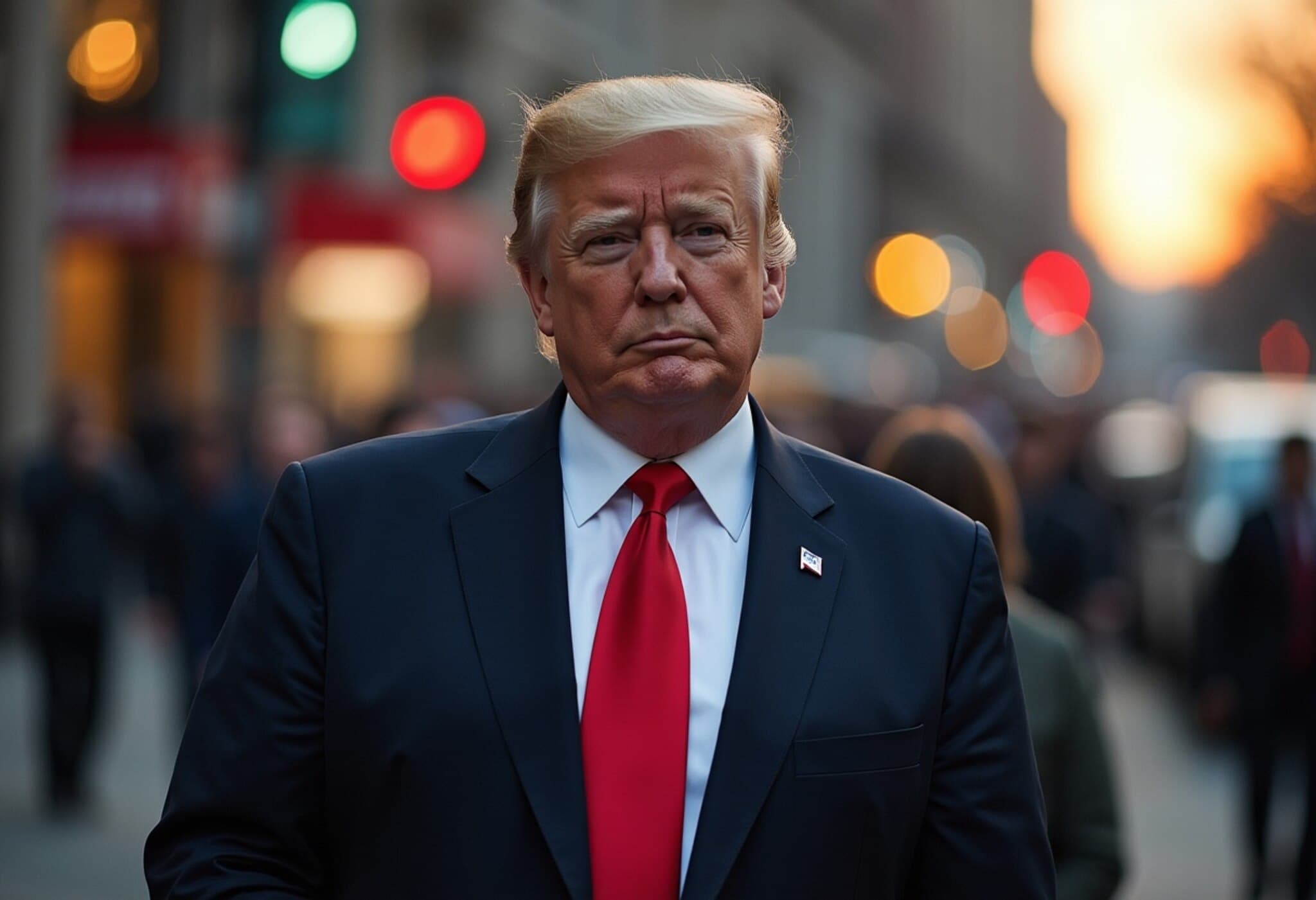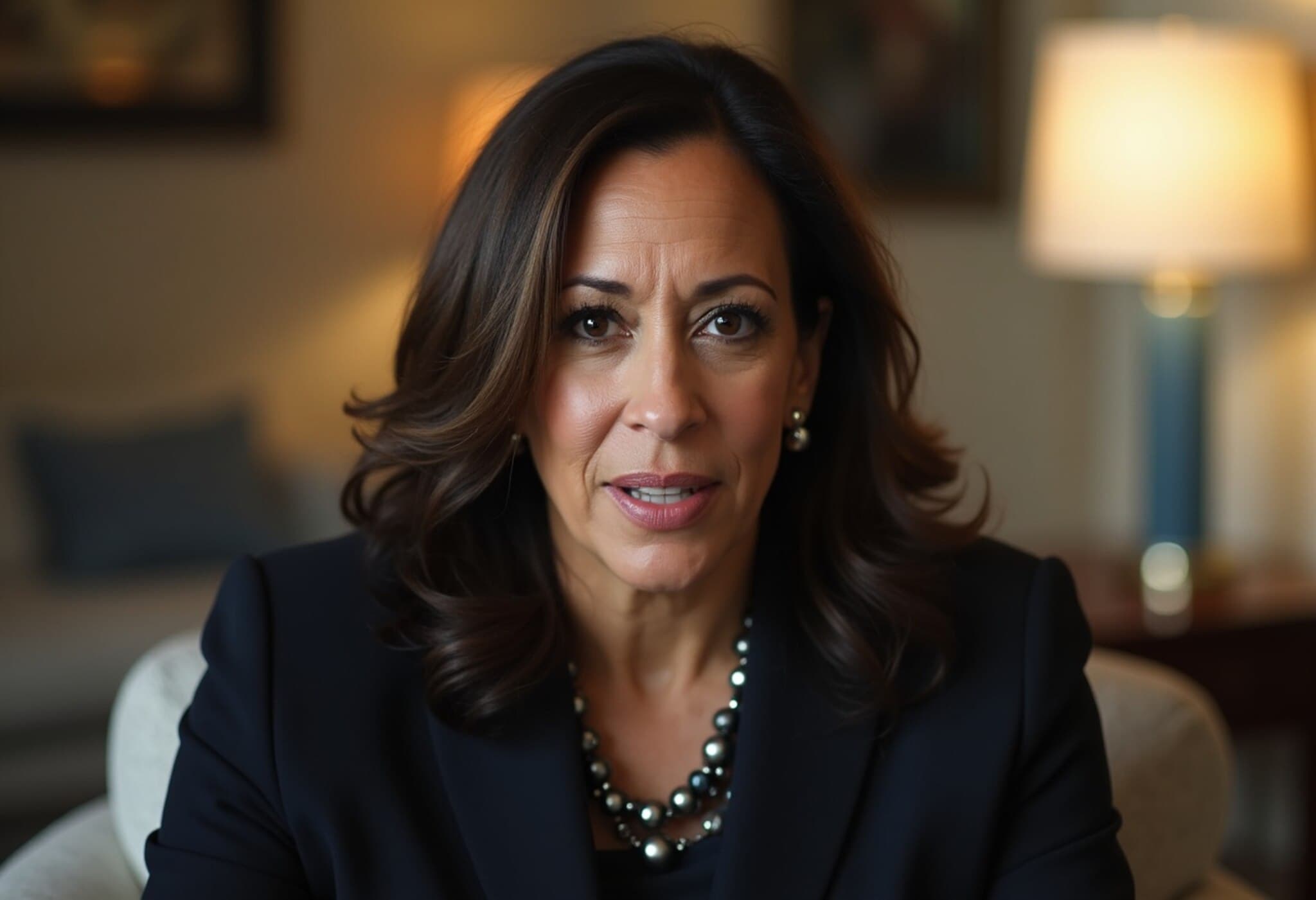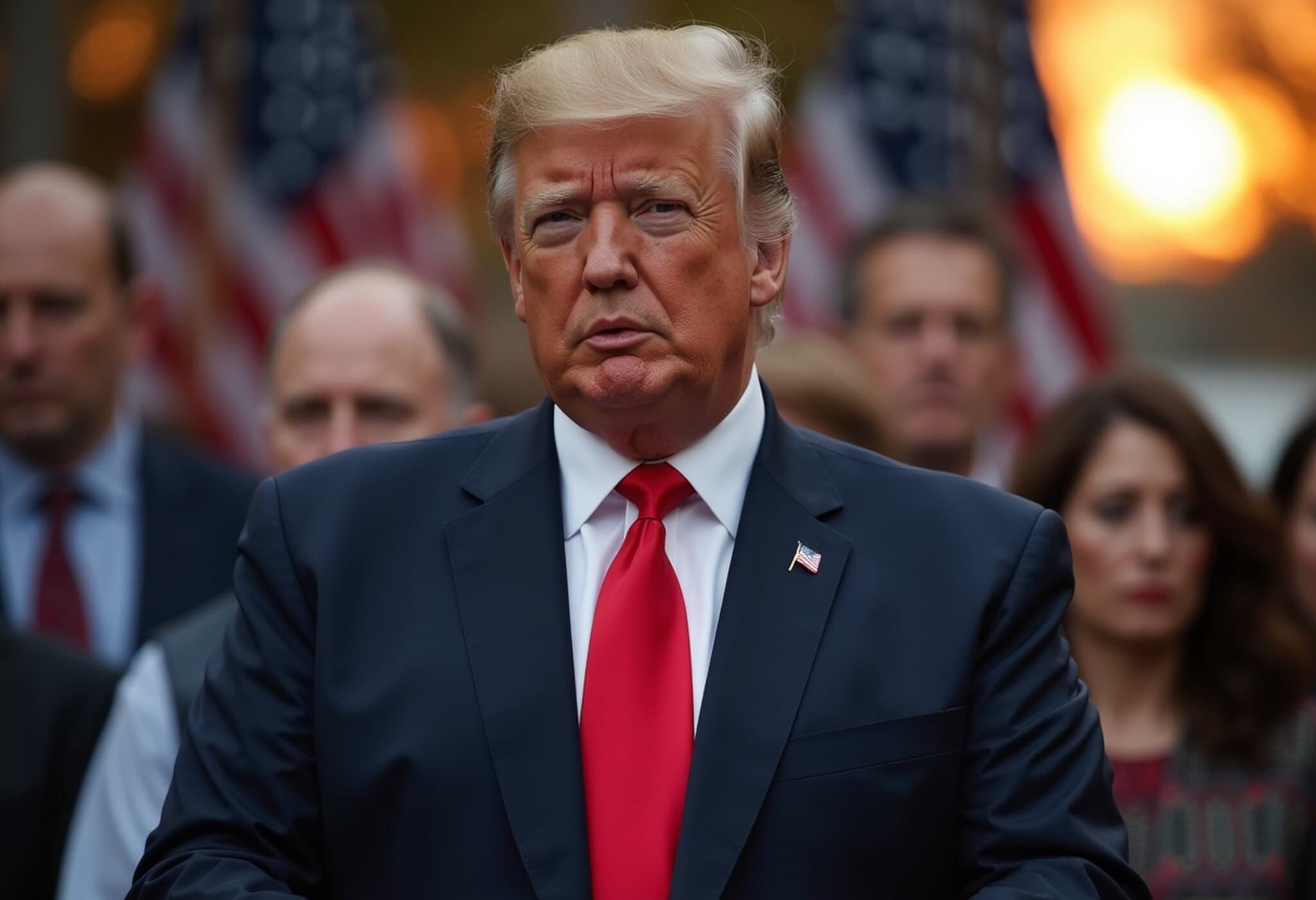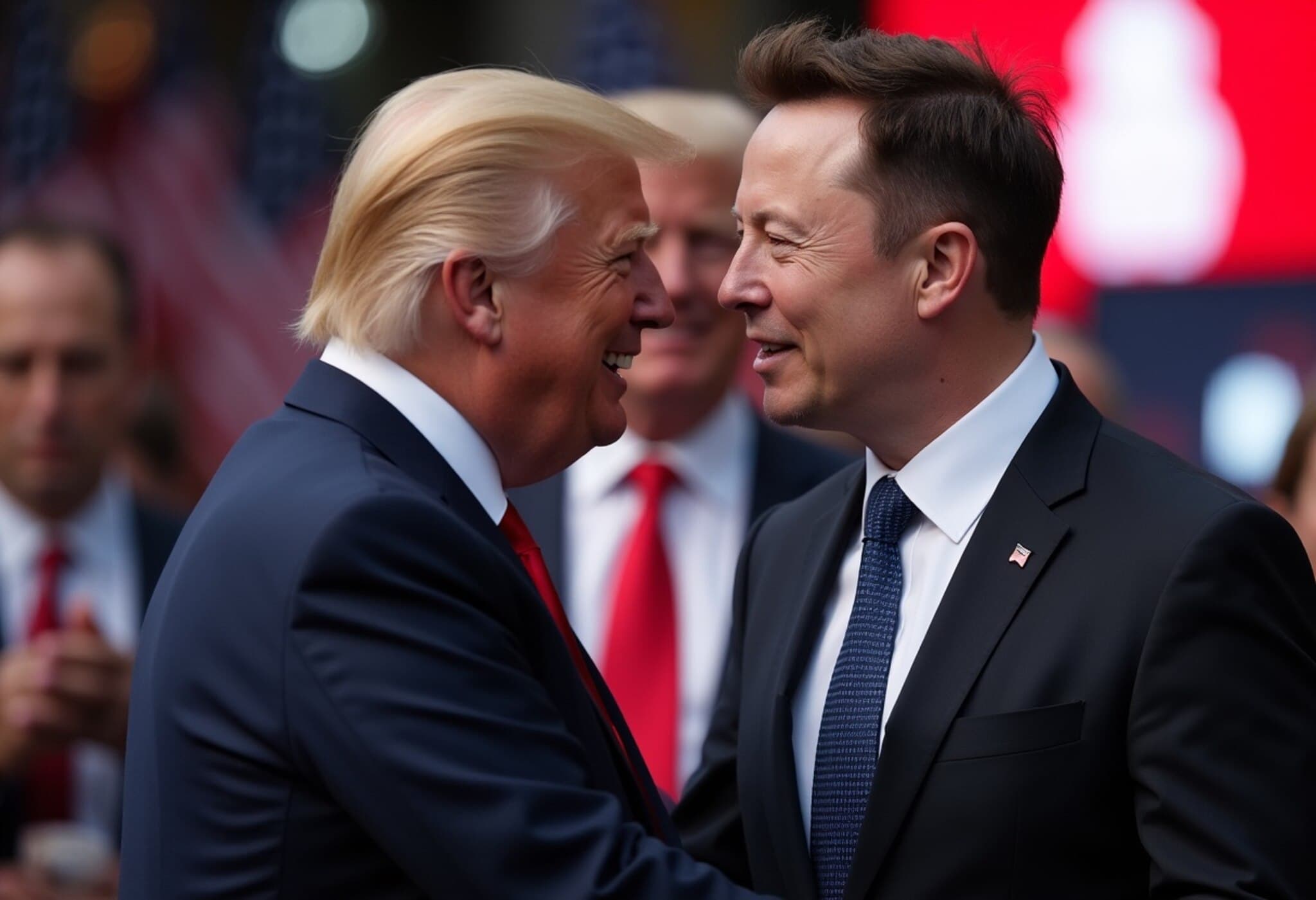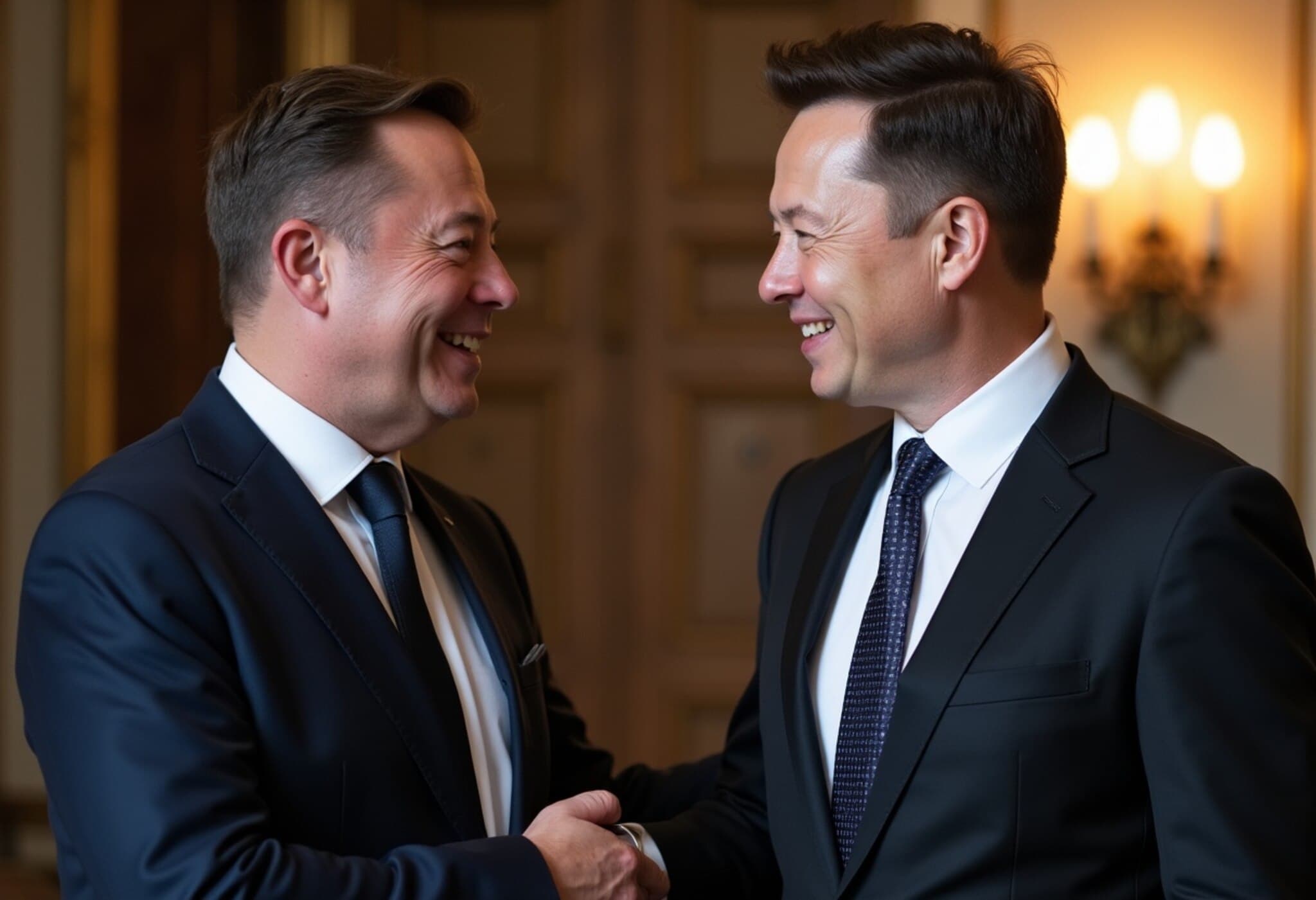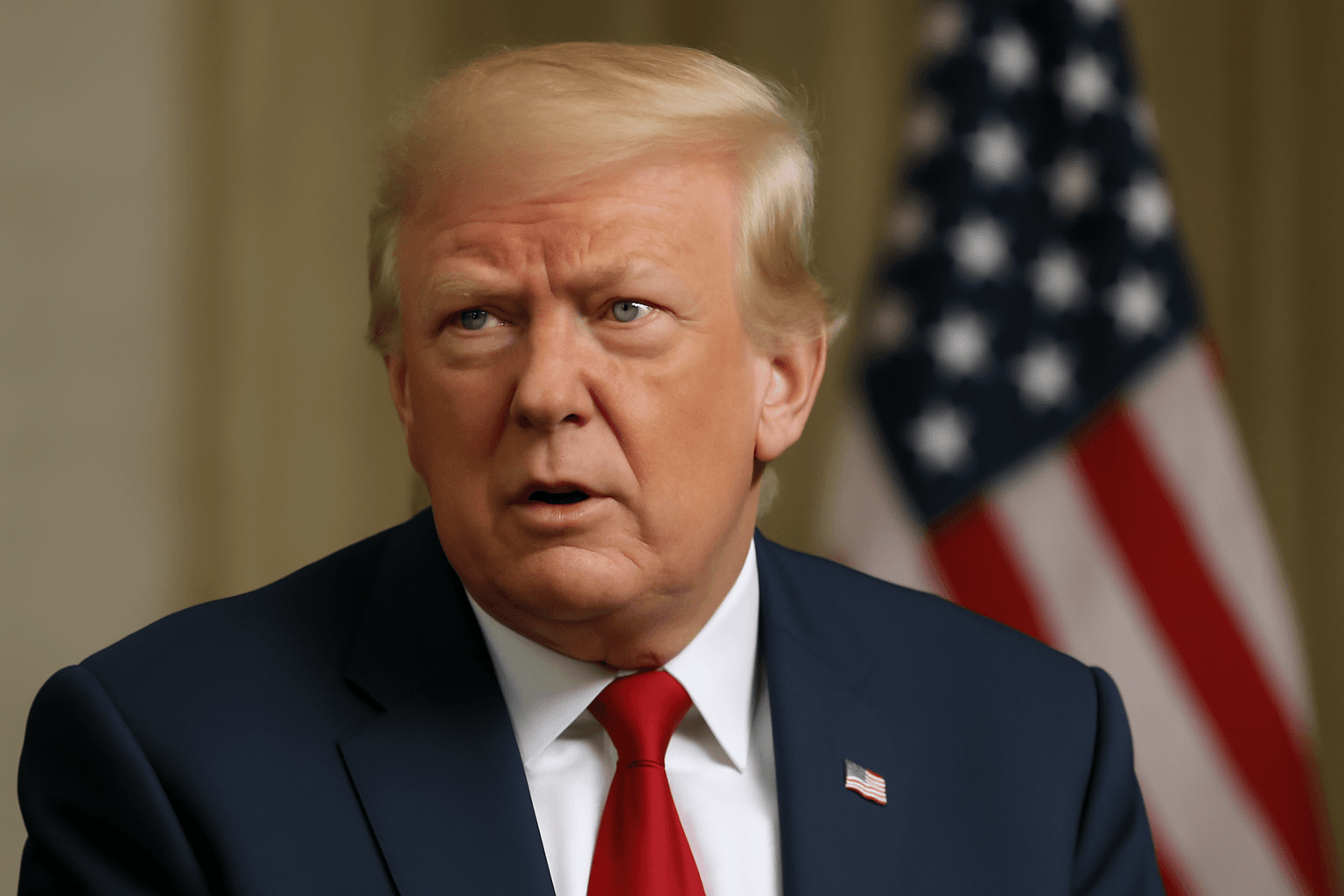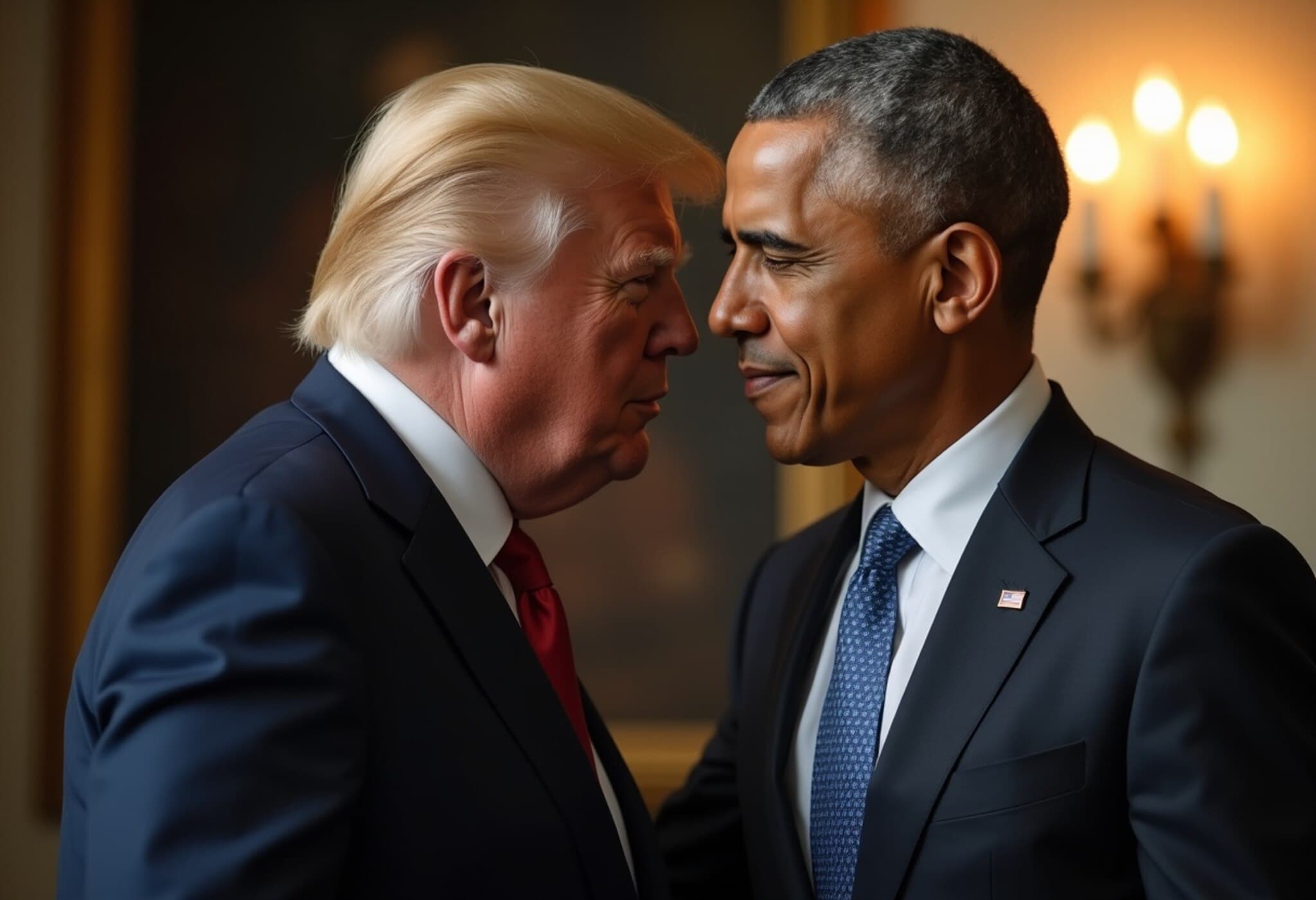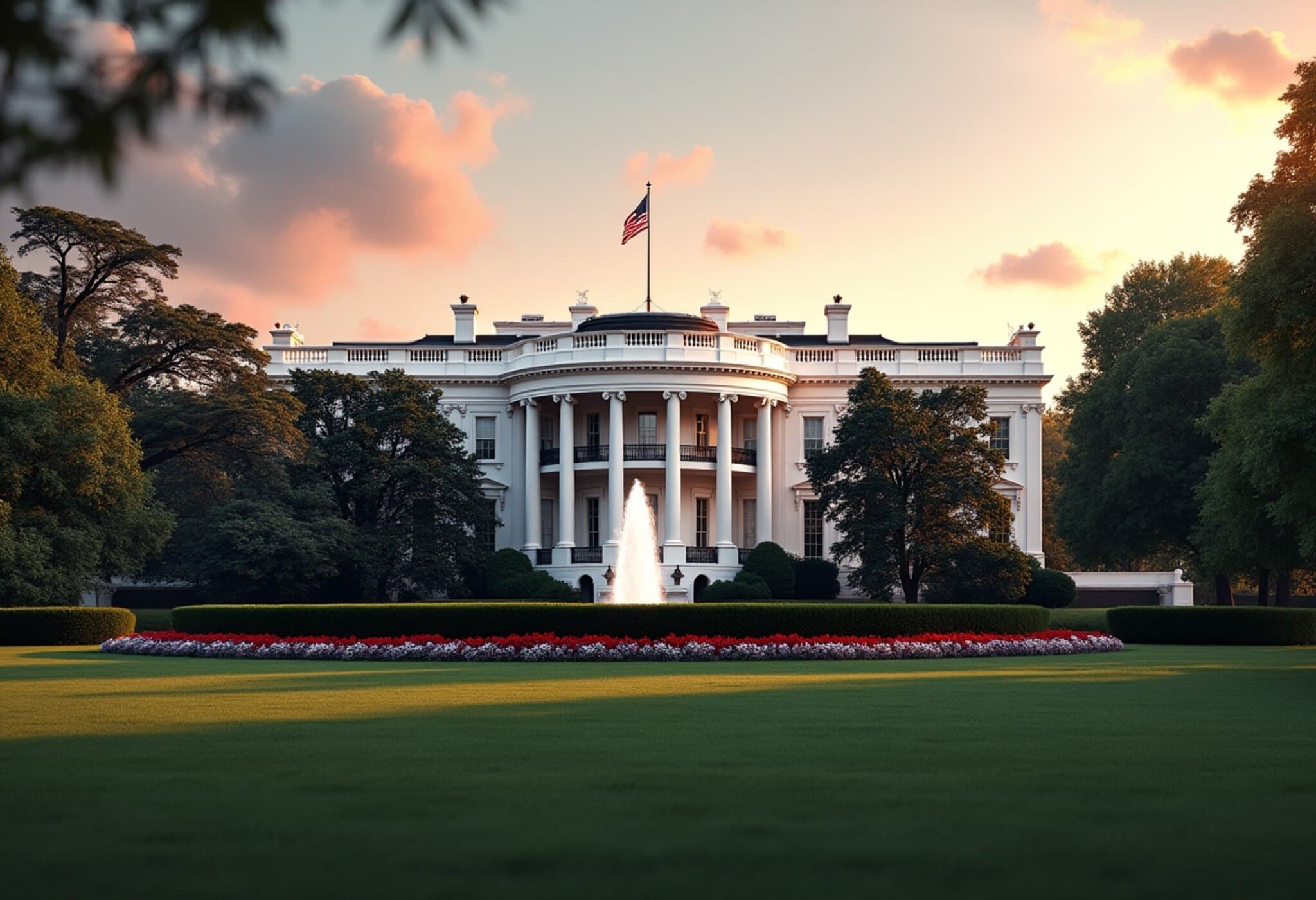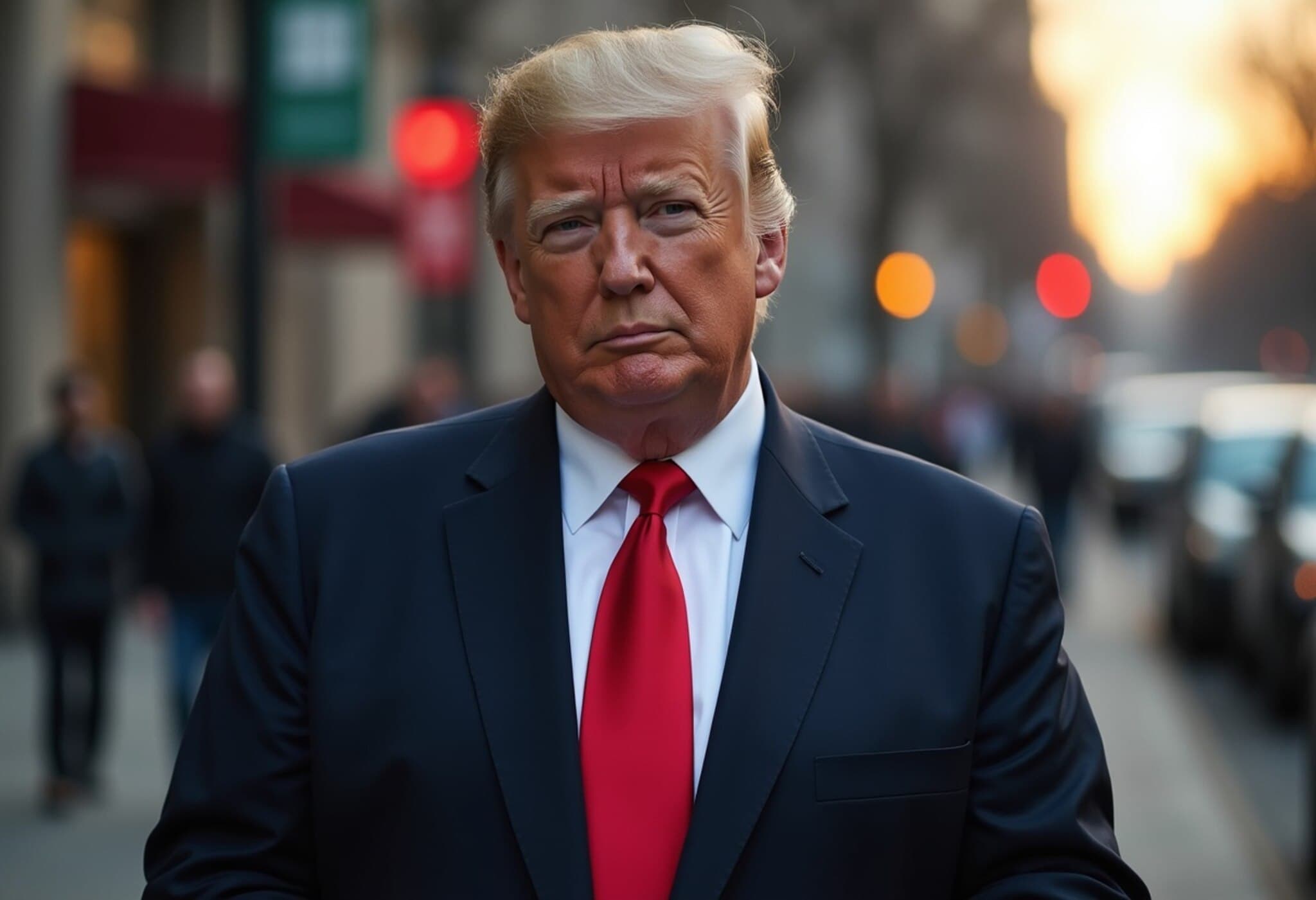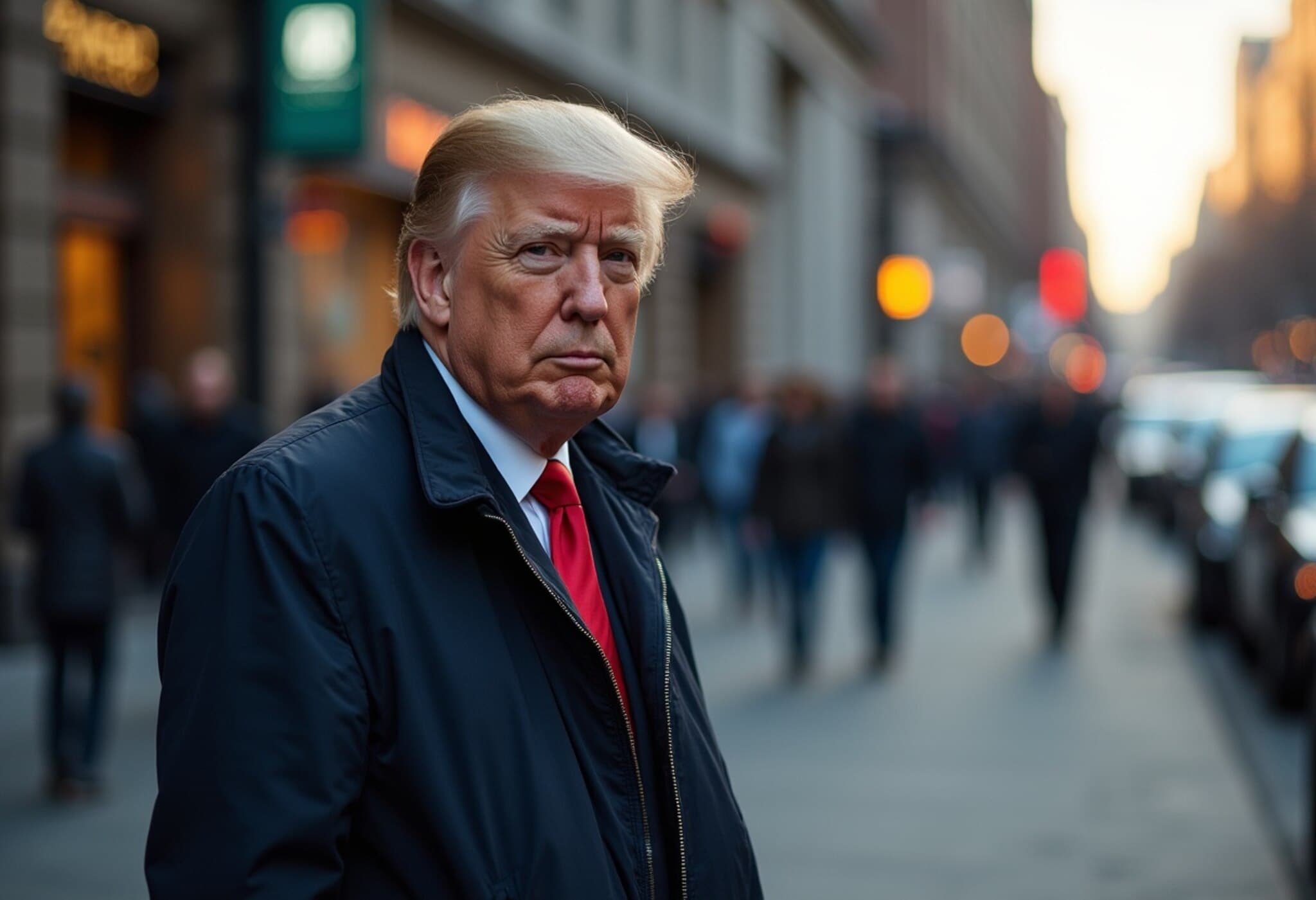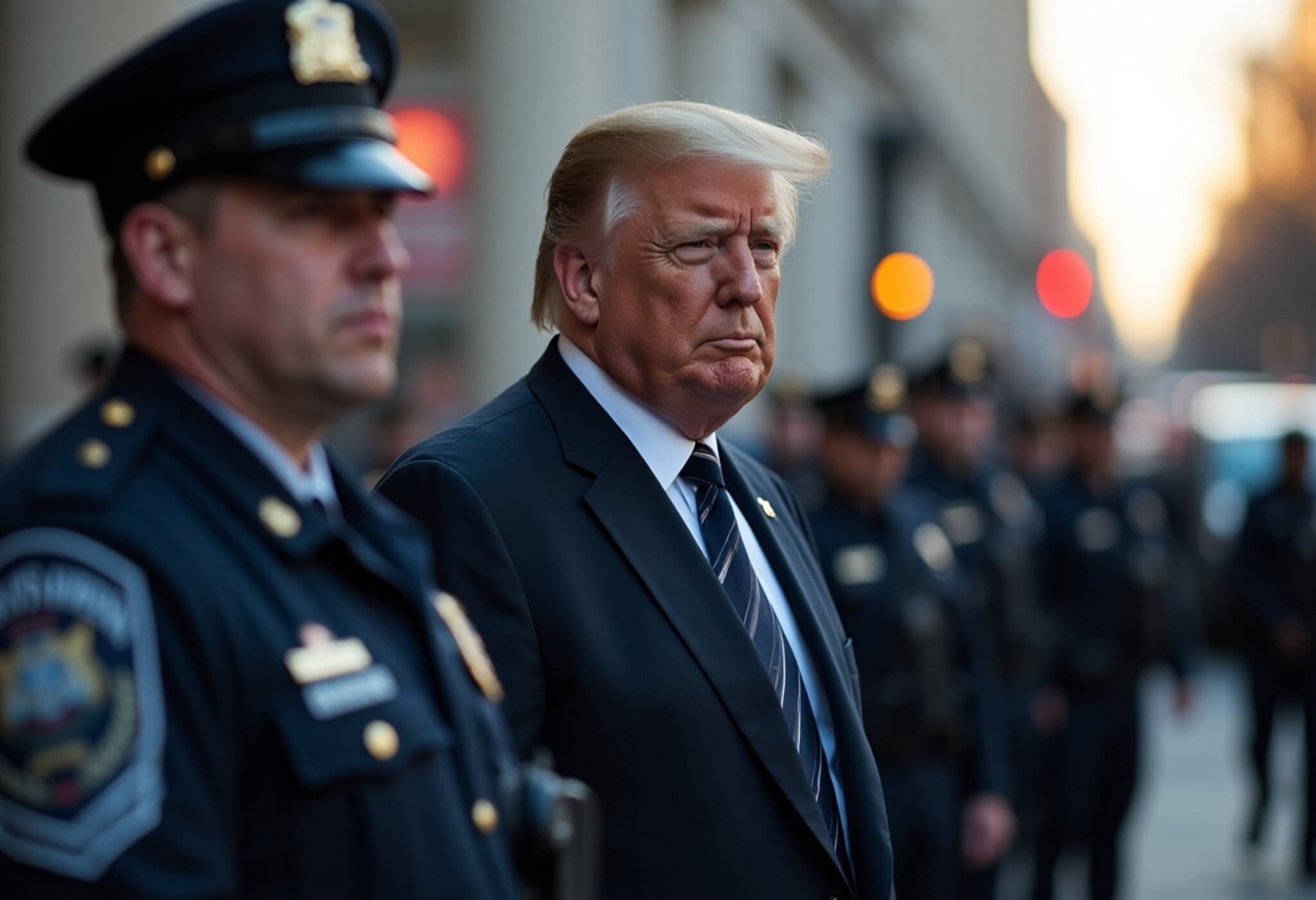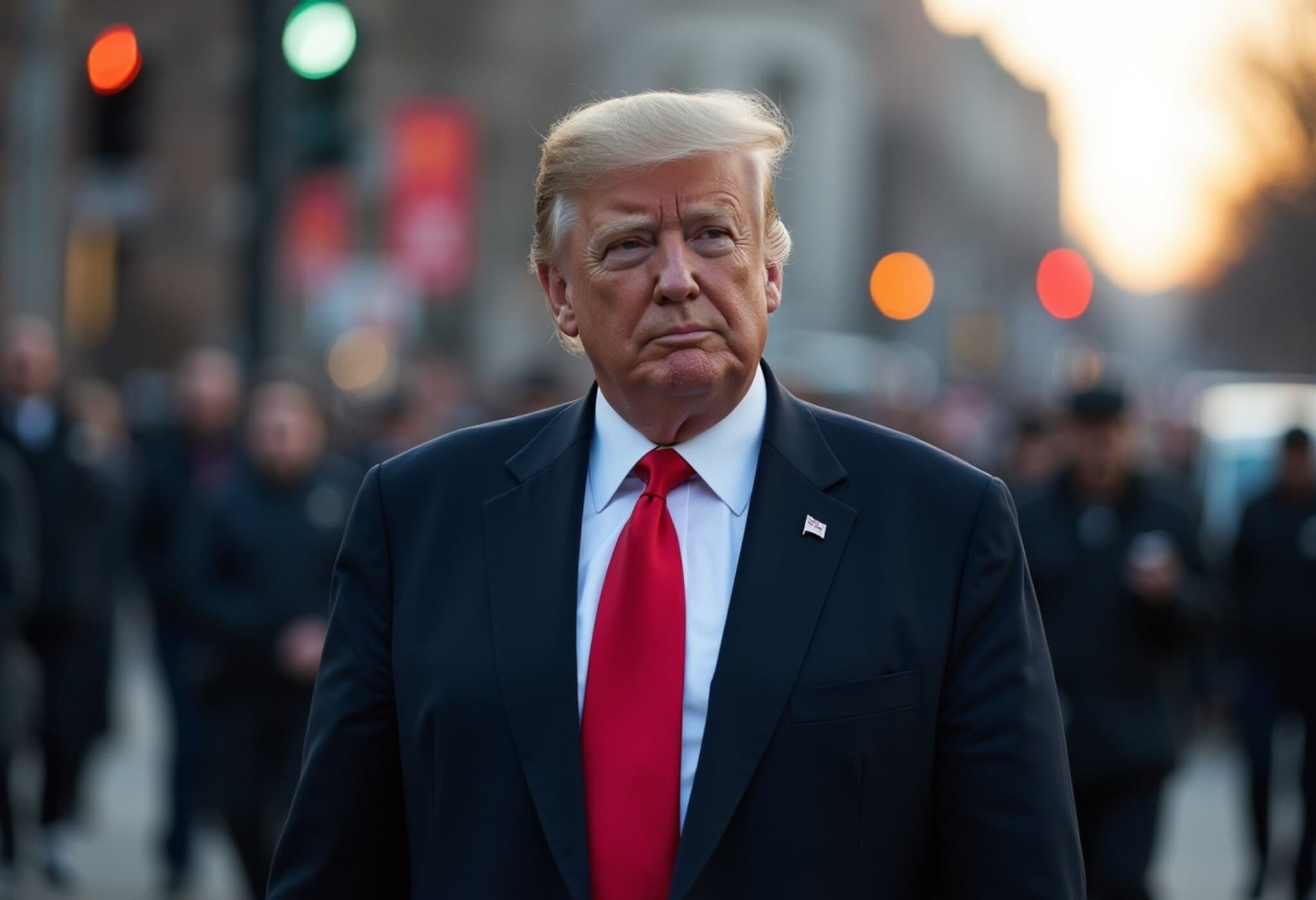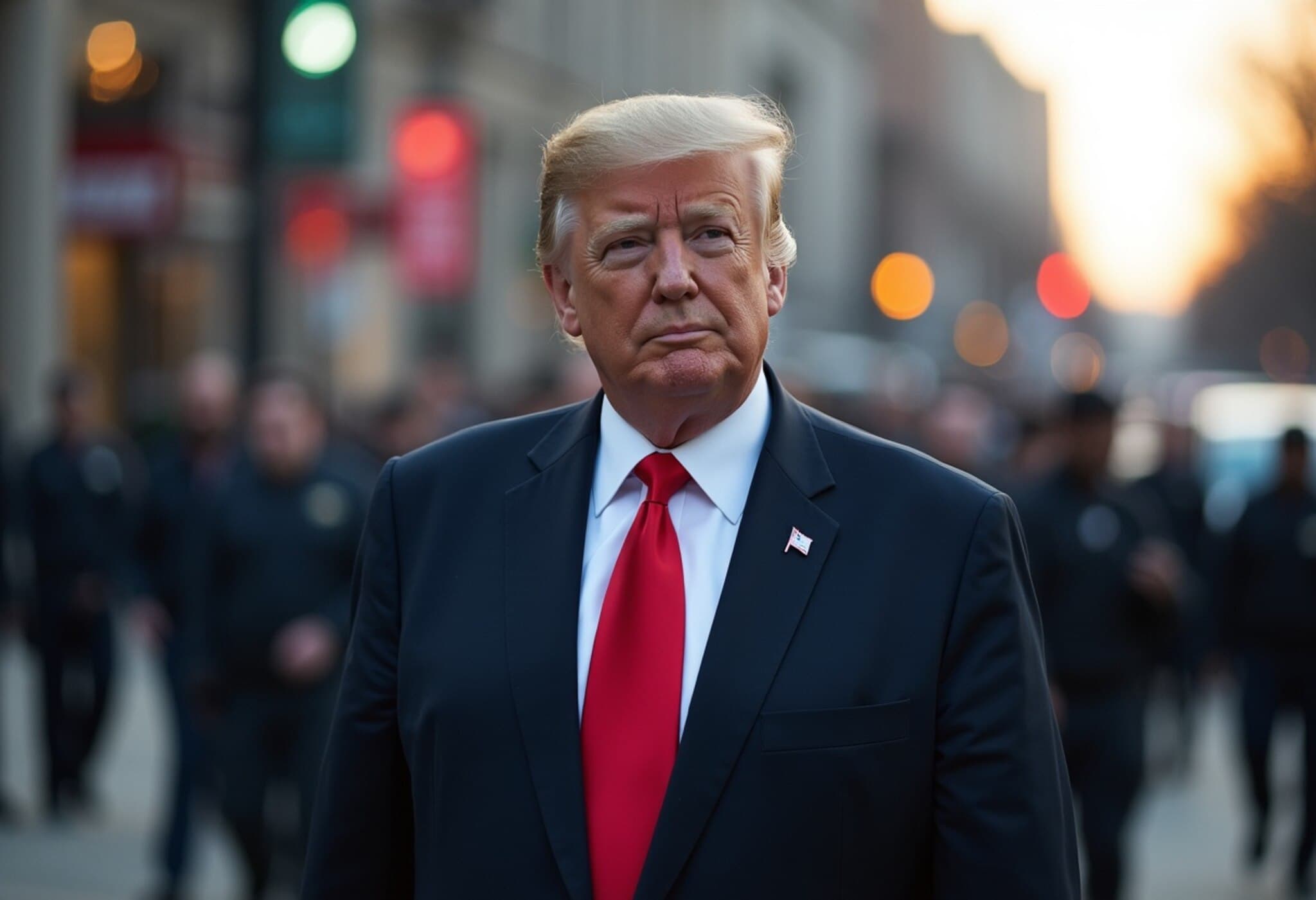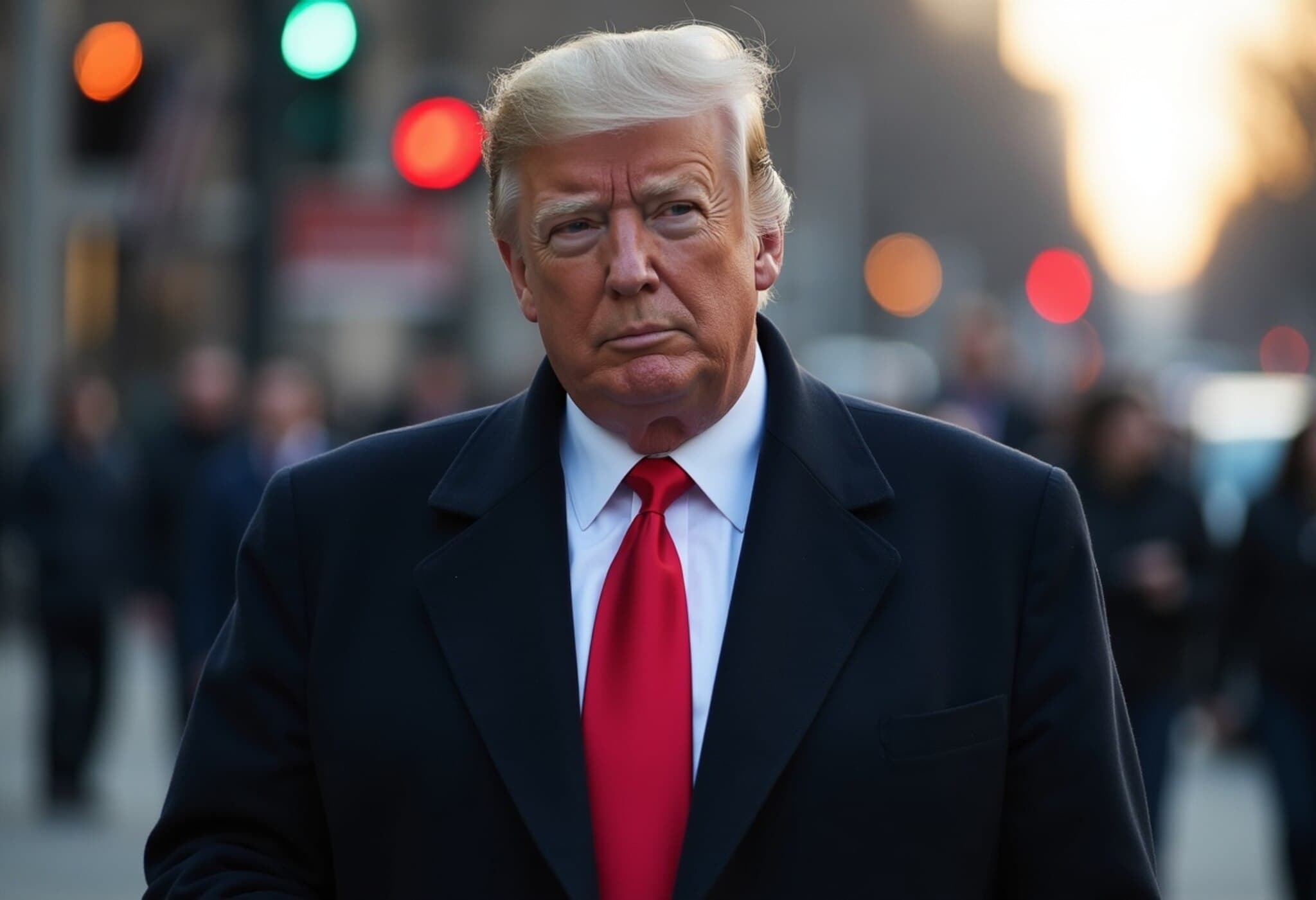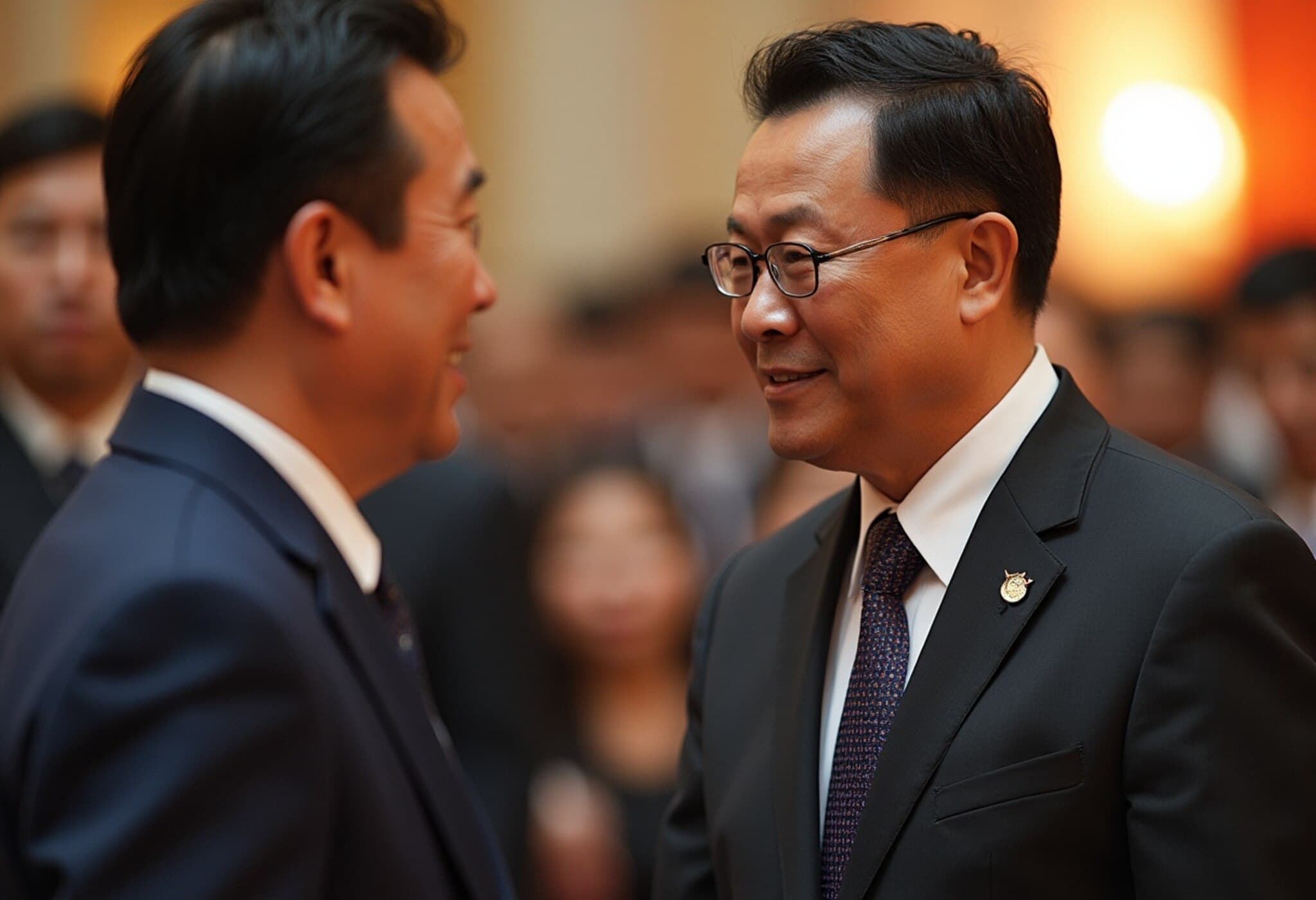Conspiracy Theories Have Become Washington’s New Obsession
In 2025, Washington D.C. finds itself consumed by a dizzying web of conspiracy theories, with former President Donald Trump at the epicenter. From the explosive narratives surrounding the Jeffrey Epstein case to wild accusations targeting major political figures, the capital is awash in speculation, suspicion, and heated debate.
The Trump Era: Conspiracies Fueling a Political Juggernaut
Donald Trump’s political journey has long been intertwined with conspiracy theories. Beginning with his persistent and unfounded claims about Barack Obama’s birthplace, he has consistently harnessed conspiratorial narratives to energize his base and undermine opponents. Now, nearly a decade later, these stories have evolved — some resurfacing with new twists, others morphing into elaborate tales implicating former presidents and current leaders.
The resurgence of the Jeffrey Epstein files, which reportedly include Trump’s name, has injected fresh fuel into the wildfire of speculation. Yet the real obsession appears less about facts and more about which political adversary is supposedly orchestrating the narratives—whether Barack Obama, Joe Biden, or Hillary Clinton. This tangled web of accusation and denial has overshadowed pivotal policy debates on America’s economic future and global role.
Washington’s Information Ecosystem: From the Oval Office to Social Media
The rapid circulation of conspiracy theories reflects a broader shift in how information — and misinformation — permeates political discourse. Presidents once regarded as arbiters of truth and institutional trust now compete with an era of social media amplification and fractured media ecosystems.
Trump has leveraged these dynamics by dismissing uncomfortable topics as “fake news” or diverting attention towards rival’s alleged misdeeds. For example, when confronted with questions about Epstein, Trump pointed the finger at Bill Clinton and others, effectively reframing the narrative to deflect scrutiny.
Experts Weigh In: Why Do Conspiracy Theories Thrive?
- Psychological comfort: According to Michael Nelson, a presidential scholar at Rhodes College, people often seek simple explanations for complex events, seeing hidden masterminds as culprits behind societal ills.
- Political utility: Conspiracy theories serve as a powerful tool for politicians to energize supporters and discredit opponents.
- Media fragmentation: The rise of partisan news outlets and social platforms has accelerated the spread of unverified and sensationalist claims.
Yet the price of this fervent embrace of conspiracies is high: erosion of public trust in democratic institutions and the rule of law. Meena Bose, director of the Peter S. Kalikow Centre for the Study of the American Presidency, highlights how presidential endorsements of baseless claims threaten foundational political principles.
Historical Context: Conspiracy Theories and American Politics
Conspiratorial thinking is deeply woven into the fabric of American political history — from persistent doubts about the moon landing to divided opinions on landmark events like President John F. Kennedy’s assassination. But rarely has a U.S. president so aggressively propagated such narratives from the highest office.
Unlike predecessors, who often sought to quell rumors and bolster confidence in government, Trump has amplified conspiracy theories, even making some official policy. For instance, in his administration, hiring decisions reportedly hinged on beliefs about the 2020 election outcome — a stark departure from traditional meritocratic practices.
Partisan Echo Chambers and the Broad Reach of Conspiracy Culture
Conspiracy theories are not confined to one political ideology. While Trump and many on the right have championed numerous such claims, elements on the left have also questioned mainstream narratives — for example, suggesting that the attempted assassination of Trump was staged. The Epstein controversy, too, has drawn unexpected bipartisan attention, illustrating how conspiracy theories can permeate across the political spectrum.
Even international figures and movements, such as French President Emmanuel Macron's encounters with far-right online conspiracy theories, underscore this global phenomenon.
Consequences for Governance and Democracy
The relentless torrent of conspiracy theories, often propagated by the President himself, risks paralyzing effective governance. Critical policy discussions on economic reform, foreign relations, and national security struggle to capture media and public attention amid the sensational claims.
Moreover, when public officials weaponize conspiracy theories, the very fabric of democratic debate and trust erodes, paving the way for political polarization and institutional fragility.
The Epstein Files and the Uncertain Truth
The Epstein case acts as a flashpoint where political intrigue, conspiracy, and public curiosity collide. Though Epstein died in 2019, and many files remain sealed, their mere existence has reignited debates and suspicions. Trump's name appearing in the files adds a layer of complexity, especially given their fraught history. Yet, as Trump deflects blame onto others—claiming the files were fabricated by various political adversaries—it highlights how conspiracies can become political shields rather than vehicles for truth.
Editor’s Note: Navigating Truth in a Conspiratorial Age
As conspiracy theories continue to dominate political narratives in Washington and beyond, the challenge for citizens and policymakers alike is clear: fostering a media environment where facts prevail over fiction. This requires responsible leadership, critical media literacy, and institutional resilience.
The Trump era has underscored the potent influence of conspiracy thinking, not just as fringe phenomena but as forces shaping governance, elections, and public trust. Watching how these dynamics unfold in future political cycles will be crucial for understanding the resilience of American democracy.
Will Washington find a path back to reasoned discourse, or are conspiracy theories here to stay as a defining feature of the political landscape?

